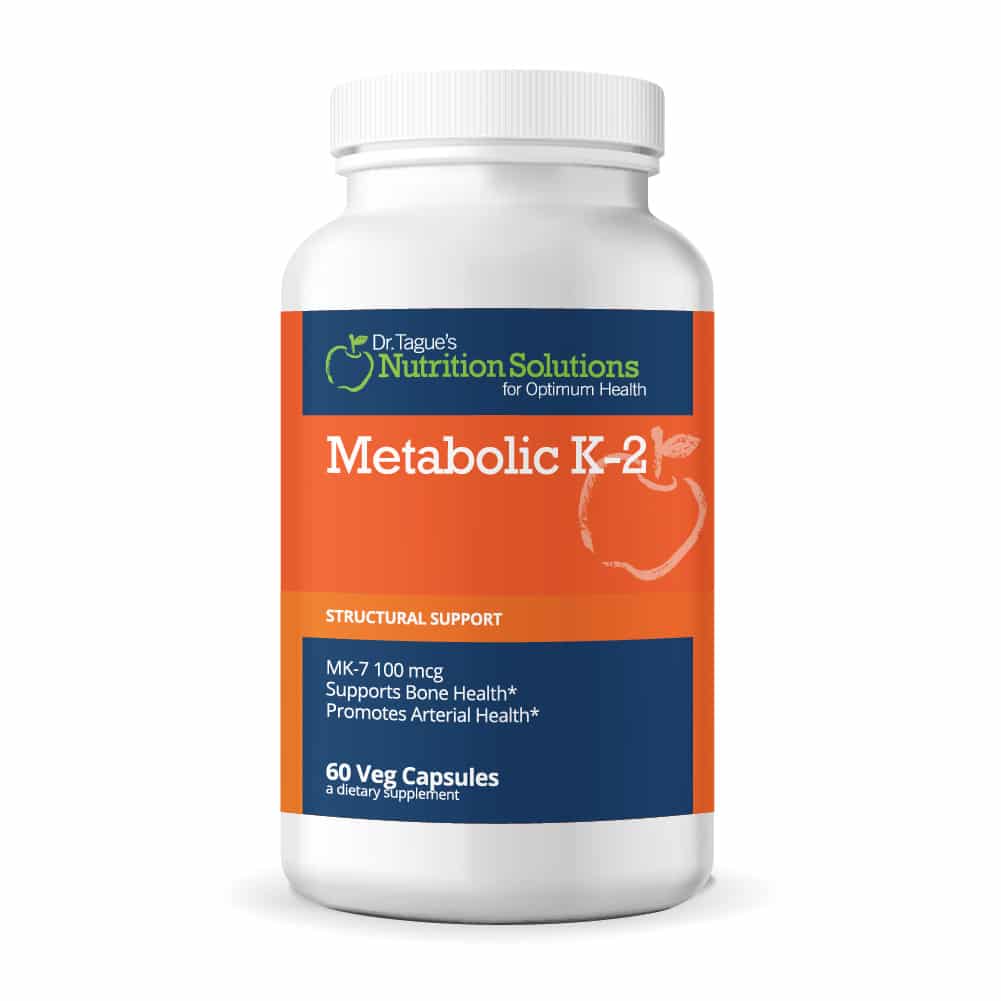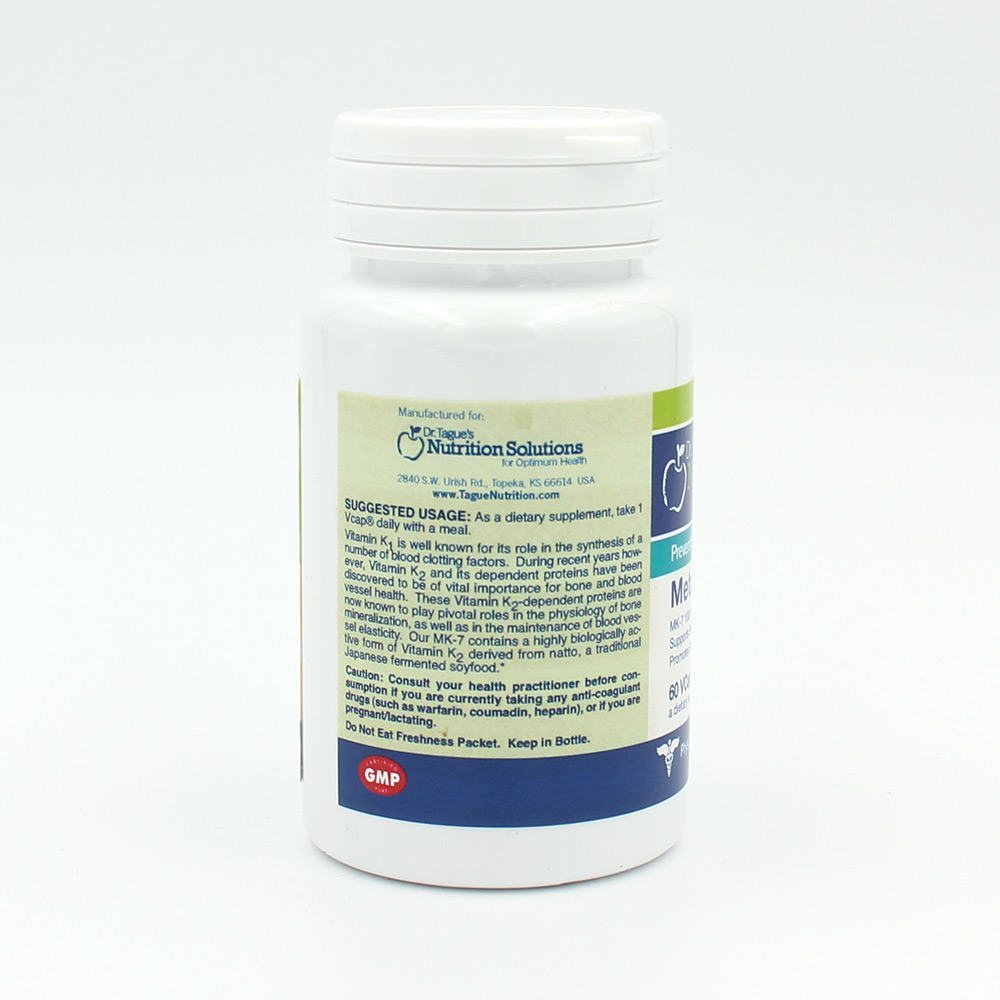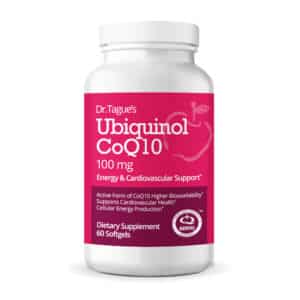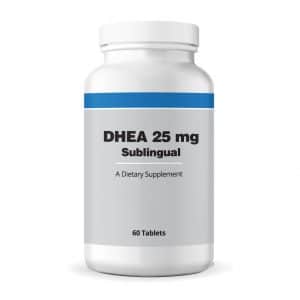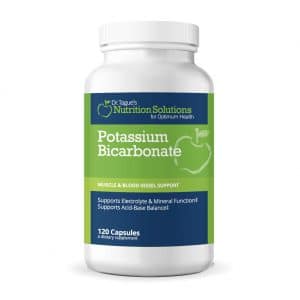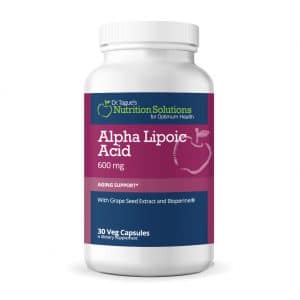There is no known toxicity of vitamin K2 in recommended doses. However, do not take any vitamin K if you are on the blood thinner Coumadin.
Research Shows Intake of K-2 may Significantly Reduce Risk of Heart Attacks.
Protects Arteries from Calcium Deposits.
Very Important to Bone Strength and Density.
Lowers High Blood Calcium Levels.
Dr. Tague’s K-2 is Made With the Highest Quality MK-7 from Natto.
Most discussions on vitamin K focus on its role in getting the blood to clot. More recently however, the discussion has centered on vitamin K’s ability to regulate calcium deposits in tissue. This is of great interest for wanting to prevent heart disease, stroke, calcium deposits in arteries, chronic kidney disease or kidney failure and those at risk of osteopenia or osteoporosis.
Know the Difference: 1, 2 or 3?
When speaking of vitamin K, you may think “the vitamin in green leafy vegetables”. Yes, that is vitamin K1. But what most people don’t know is that there are two other forms of vitamin K and they are not found in green leafy vegetables, vitamin K2 and vitamin K3. Dietary vitamin K2 is highest in “natto”, a traditional Japanese food made from fermented soy. It is also found in fermented dairy products such as curds and cheese, although in lower amounts. Intestinal bacteria also make vitamin K2, but bacteria do not make sufficient amounts to meet the needs of healthy adults or children. Antibiotic use severely compromises bacterial production of vitamin K2.
Note: Vitamin K3 (the synthetic variant, “menadione”) is toxic and should never be taken! It can cause allergic reactions, hemolytic anemia and toxicity to liver cells.
Promising Benefits of Vitamin K2 (Menaquinone MK-7):
- Transports calcium out of bloodstream and puts it into the bone, where it belongs
- Protects against blood vessel calcification (hardening of the arteries)
- Supports bone strength and density
- Lowers high blood calcium levels
- Important for bone and blood vessel health
- Associated with lower cancer risks
Blood Vessel Health
Recent studies are showing a higher dietary intake of vitamin K2 is significantly associated with a lower incidence of the leading cause of death in the United States… coronary heart disease. Two research studies specifically have associated higher dietary vitamin K2 intake with a significant reduction in heart attack events.
One study by Vermeer et al in the Journal of Bone Mineral Metab, 2001 reported:
“arteries with atherosclerotic plaques were found to have a 20-50 fold lower vitamin K2 concentration than arteries without plaque in the same human body, suggesting that vitamin K2 protects against calcification”
Mounting evidence suggests a higher intake of menaquinone (vit. K2) is required for healthy functioning of bone and blood vessel walls, which means insufficient levels of K2 in the body can lead to increased calcium deposits, coronary artery calcification, and eventually cardiovascular disease and heart attacks.
In fact, in the Rotterdam Heart Study, rates of heart disease death were 57% lower in those with the highest K2 intake.
Osteoporosis Prevention with K2
The Nurse’s Health Study of 72,000 nurses showed that women consuming at least 250 mcg of vitamin K2 per day had a 65% lower risk of hip fractures compared with those consuming 56 mcg per day. Vitamin K2, in higher amounts, consumed for at least 6 months, reduced the risk of spine fractures by 60%, hip fractures by 77% and all non-spine fractures by an astounding 81%.
Hardened Arteries in Mice
Researchers discovered vitamin K2 “knockout” mice – meaning they were purposefully depleted of vitamin K2 – developed extensive arterial calcification. This led the researchers to suggest that a lack of vitamin K2 in the blood vessels encouraged calcium deposits in the arteries. So it is now known that menaquinone plays a VERY important role in blood vessel and bone health!
One More Reason: Cancer Reduction
A multi-year population study showed that people who consumed larger amounts of foods (such as cheese) known to contain vitamin K2 (menaquinone) had a statistically lower risk of dying from cancer! In one study of over 11,000 men, there was a 63% lower risk of advanced prostate cancer in just 8.6 years of study.
The Right Form: “MK-4” versus “MK-7”
There are two main forms of vitamin K2 sold as supplements: MK-4 and MK-7.
MK-4 is mainly marketed for bone density health, and does not benefit the cardiovascular system to the extent that MK-7 does. Consumer Labs writes “MK-7 is believed to have a longer half-life time than vitamin K1, resulting in much more stable serum levels and accumulation of MK-7 to higher levels (7-to-8-fold) during prolonged intake… MK-4 is absorbed as well as MK-7 but it has a shorter half-life.”
Vitamin K2 as MK-7 is the most expensive because it is the best. It lingers in the body longer, allowing for optimal absorption and effect, hence its longer “half-life”. The best MK-7 supplements will be sourced from high-quality natto (as the label should indicate).
Consuming 100 micrograms of the MK-7 form of vitamin K2 may in itself provide optimal systemic vitamin K saturation, although some studies indicate benefits for a total of up to 250 mcg per day. Most adults achieve at least 50 mcg from their diet daily. It may be recommended for you to take a 100 mcg capsule twice daily to assure optimal intake. And a healthy diet always helps!
